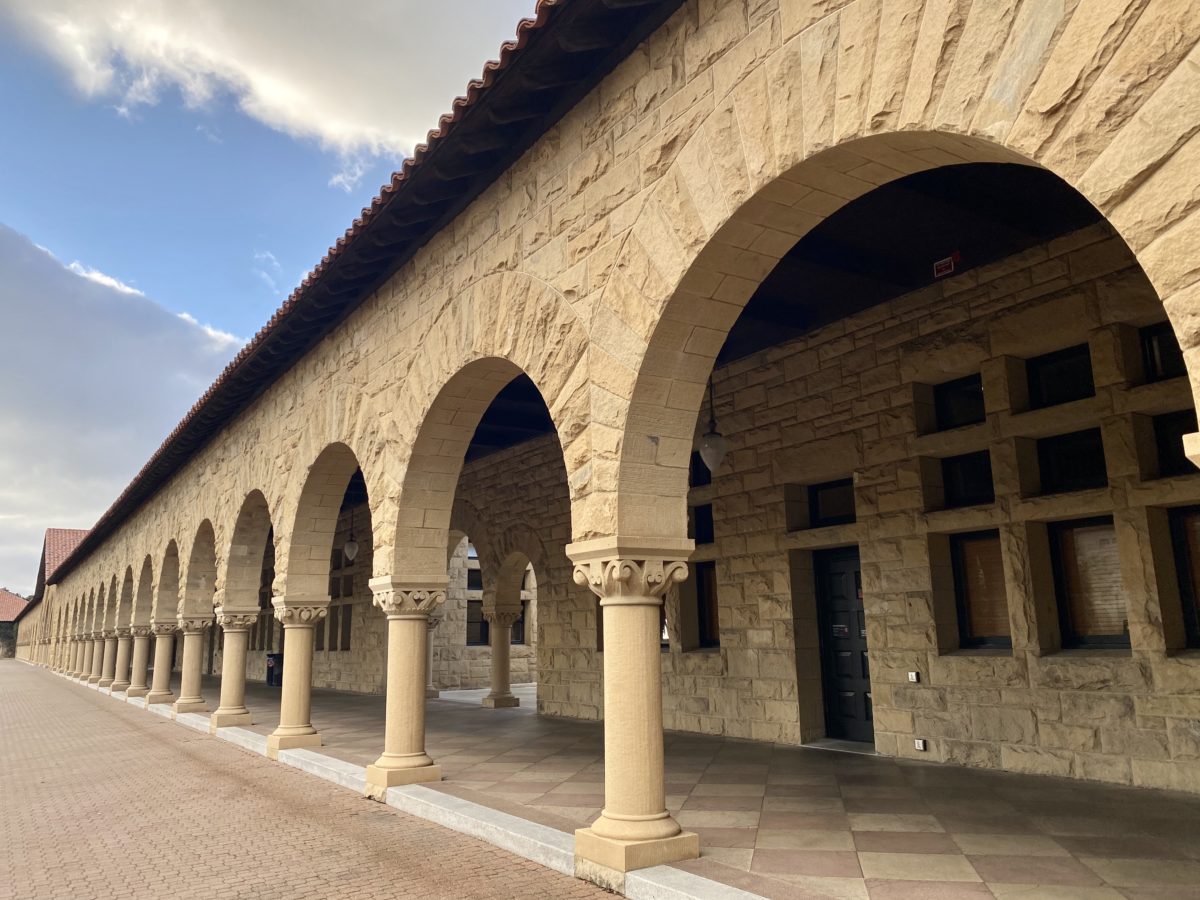A petition calling for leadership in higher education to condemn the Trump administration’s suspension of various visas has garnered almost 300 signatures and continues to circulate among individuals at universities and research foundations. Trump’s action, which he justifies as an economic stimulant for American workers, will block the entry of a range of skilled and seasonal workers and scholars until at least January. It has inspired widespread condemnation from business executives and immigrant advocates.
“The ban … has an immediate and far-reaching impact on literally tens of thousands of colleagues within academia,” History professor Tom Mullaney, the organizer of the petition, said in an interview with The Daily. “This visa ban places graduate students, postdocs, visiting scholars [and] newly minted Ph.Ds with job offers all in a dire professional and economic situation.”
The petition calls on leadership in higher education to condemn Trump’s action, urge for the act’s reversal and reassure affected community members that they will receive support. While the ban claims to have the best interests of American citizens in mind, the petition states it is “little more than a malicious and xenophobic act.”
President Marc Tessier-Lavigne authored a letter on June 11 to the Secretary of State urging the repeal of the visa restrictions for international students, asserting the “incredible strength” of an international community. University spokesperson E.J. Miranda noted that the Bechtel International Center is offering information and virtual town hall meetings on the issue. The University did not specifically address Mullaney’s petition.
The petition also argues that establishments in higher education have a more serious obligation to speak out. Mullaney attributes this to the collective agency of these institutions to help the overall nation but also to meet their own needs. Maintaining a replete international staff and student population is integral for U.S. preeminence in education, Mullaney believes.
“None of the jobs that have been thrown into jeopardy will revert to one or another American citizen,” Mullaney said. “All of those hires, all of those searches for researchers are either delayed or canceled outright. So this is going to have a profound impact on the stature and position of the U.S. in a wide variety of research fields.”
The number of international scholars has been on the rise since 2006, and they now comprise 5.5 percent of the college population. Stanford has an especially high international population — 25% of the student body is international on J-1 and H-1 visas, both of which have been blocked by Trump’s directive.
These existing and prospective internationals now face a precarious future in numerous ways, Mullaney said. Individuals already here on a visa are reluctant to leave the country, fearing that they will not be able to reenter. Foreigners who have been offered jobs and went through the famously long immigrant application process must now undertake a new job search.
“The visa process for foreign nationals teaching at U.S. institutions is a pain … and so for these people to successfully go through all the steps only to be denied, [it] really stinks,” wrote petition signatory Alexander Bay in an email to The Daily. Bay is an associate professor at Chapman University.
Stanford Advocates for Immigrants’ Rights (SAIR) has offered several proposals for Stanford’s response. The student group urges the University to allow internationals already offered a place at Stanford to study remotely or defer enrollment. SAIR also believes that Stanford should provide flexible housing arrangements for immigrants who fear leaving the U.S.
SAIR asserted that, despite the petition’s focus on the visa ban, Stanford should tend to asylum seekers as well, whose status has also been put into question by the Trump administration.
“As an international student myself, I also hope that the focus on the visa ban does not detract from … attacks on other forms of immigration,” SAIR co-president Sarah Fellay wrote in a statement. “As privileged Stanford individuals, we should resist being used as political pawns in an artificial division between ‘wanted’ and ‘unwanted’ immigrants.”
As time passes, the petition continues to grow, Mullaney noted.
“It’s punitive, cruel and calculated,” Mullaney added. “We can’t leave this issue in the dark.”
Contact Diana Piper at dianapiper ‘at’ gmail.com.
